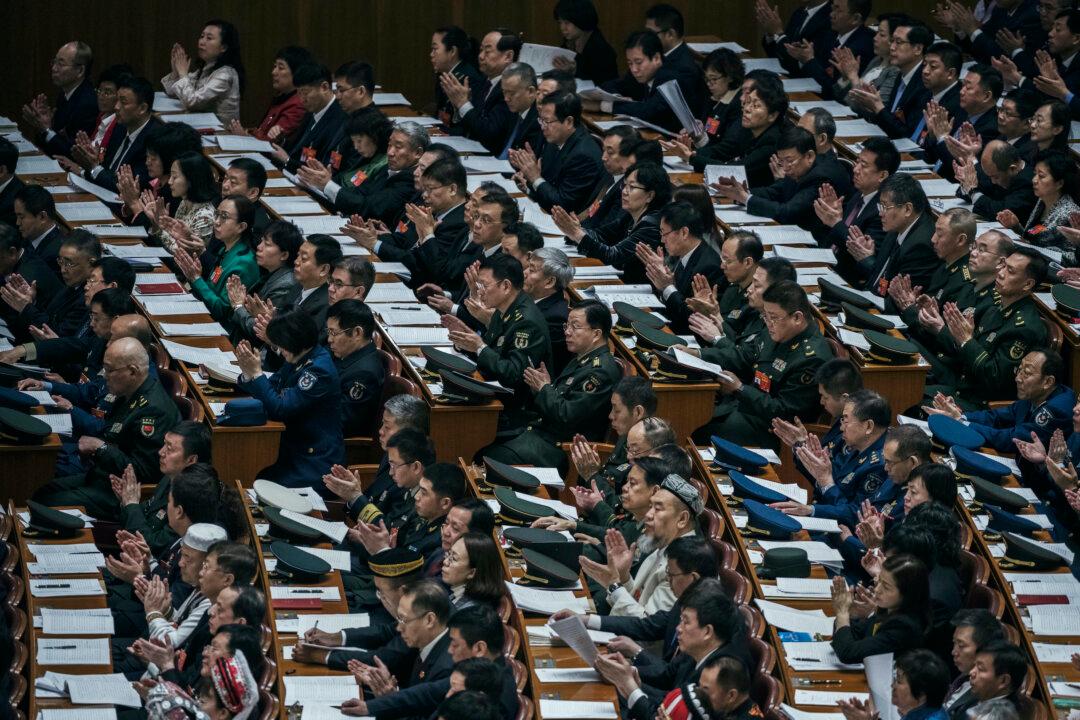News Analysis
In a rare move, the Chinese Communist Party (CCP) is skipping its third plenary session, a vital conference focused on economic policies. Analysts believe the delay is due to military instability and senior officials’ overhauling.

In a rare move, the Chinese Communist Party (CCP) is skipping its third plenary session, a vital conference focused on economic policies. Analysts believe the delay is due to military instability and senior officials’ overhauling.